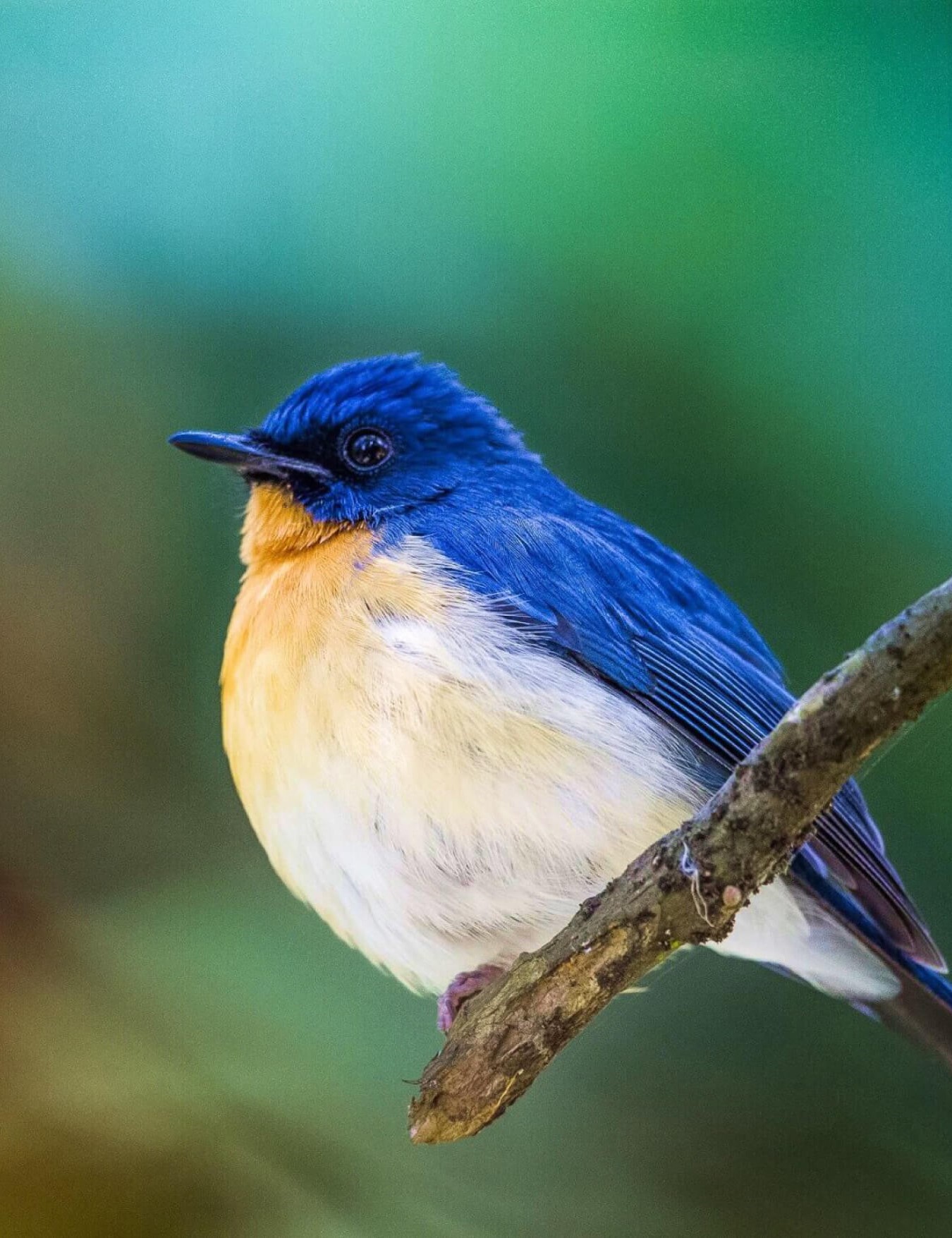Overview
Around 1983, Nagarahole was recognized as a national park. This now measures 643.39 sq. km. and has two touristic regions wherein wildlife watching is allowed. The Sunkadakatte Tourism Zone, widely termed “Kabini” by tourists, is nestled on the park’s southwest shore. Elephants, gaur, sambar, spotted deer, sloth bears, and the sporadic sightings of tigers and leopards are among the animals that can be seen along the Kabini River as it meanders through the jungle landscapes. It’s not a coincidence that the area used to be the Maharaja’s chosen hunting ground.
Elephant herds, crocodiles lounging in the sun, and colourful birds fluttering in and out of the forest’s verdant canopy can all be witnessed on morning and sunset vehicle safaris or even on a boat excursion along the River Kabini. Any time of year is a terrific time to travel to Kabini. The animals congregate at the numerous watering holes near the game paths during the hot months of March, April, and May when the pools and springs inside the jungle dry up. The highest density of Asiatic elephants can be found in the wild around the river bank Kabini. While the forest ground is blanketed in a carpeted floor of lush green throughout the monsoon period of July, August, and September, there are relatively few possibilities to sight animals.
Visit Karnataka’s renowned wildlife hotspot, Nagarahole National Park, to escape the concrete jungles of contemporary towns and re-connect with reconnects natural reserve, which is located on the banks of the River Kabini and has grown tremendously popular because it is home to a vast variety of wildlife, including wild predators like the majestic tiger species of birds.

Best Time to Visit
All year long!
- The Forest Department clears the undergrowth for around 30 meters on both sides of the game paths in September and January to improve visibility, which guarantees a high likelihood of seeing animals and birds during these months.
- inter and the post-monsoon season are ideal for creating stunning photographs of tigers against a backdrop of greenery.
- Tigers are most frequently observed at the waterhole during the summer, to cool themselves and fill their thirst.
Park Closure
Open: All Year Around
Safari Options: Boat Safari, Jungle Safari, Jeep Safari, Canter safari.

Fauna
Kabini national park has an abundance of animals including the Bison, Sambar, Spotted Deer, Mongoose, Langur, and many species of birds and butterflies, which are fairly easy to spot. If you are an ardent birdwatcher, Kabini is the place to be thanks to its 350 species of birds. You will be able to spot grey-headed Fish Eagles, Ospreys and nestling sites of great Cormorants on the dry tree stumps. Malabar pied hornbill, Malabar lark, Malabar trogon, Indian pitta are the exotic species to look out for during guided nature walks.
Flora
The flora of the Kabini region greatly depends upon the rainfall. The forest is surrounded by beautiful dry and moist deciduous plants that add a splash of vibrancy to Kabini. The green grass that grows here reminds one of the Savannah, while the flowers throw beautiful colours into the otherwise dry region.

How to get there ?
By Air
By Rail
By Road
Related Tour
No related tour found for this destination




